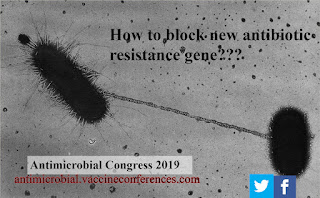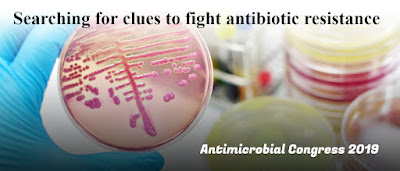Stealth virus for cancer therapy
Viral Oncology: Stealth virus for cancer therapy
Scientists have
redesigned an adenovirus for use in cancer therapy. They have developed a new
protein shield that hides the virus and protects it from being eliminated.
Adapters on the surface of the virus enable the reconstructed virus to
specifically infect tumour cells.
Viruses have their
own genetic material which can infect human cells in a very specific manner.
They will then reproduce as directed by their own genes but using the resources
of the host cell. These properties proofs that they can fight with hereditary
diseases or cancer. There are uncountable different viruses, but the human
adenovirus 5, which normally causes the symptoms of a typical cold, has
substantial advantages. Without any of the viral genes
left, the virus cannot
replicate and trigger diseases. In addition, the genome of the adenovirus is
very large and does not assimilate into human chromosomes.
Adapter
molecules dock the virus to the tumor
Until now the use of adenoviruses
in tumor therapy has not been employed. Because they lack the ability to infect
cancer cells and therefore cannot inject the genetic blueprints for the
therapeutic molecules to fight the disease. Moreover, adenoviruses are normally
neutralized by the immune system and very rapidly eliminated by the liver.
Researchers are now rebuilding the viruses so that they effectively recognize
and infect tumor cells. For this purpose they are creating molecules which act
as an adapter between the virus and the tumor cell.
The adapters, which cling very tightly to the coat
of the virus, can bind to different surface molecules on the tumor cell. The
scientists are testing adapters for several receptors such as HER2 and EGFR,
which are present on various types of cancer cells.
New protein shield
masks and protects against the immune system
Researchers hid the virus under a novel protein
coat, which serves as camouflage for the virus and which protects it from the
immune system. As a basis for this shield the researchers used an existing
antibody that they had already redesigned.
The protein shield protected the virus from the
immune cells & prevented the virus from being eliminated by the liver,
which normally quickly removed unmodified adenoviruses from the bloodstream,
often making therapeutic applications impossible. The virus redesigned using
sophisticated protein engineering techniques, worked & efficiently infected
the tumor cells. Using this stealth gene shuttles, the scientists wants to develop novel therapies for different types of cancer. The success of Adenoviruses will help to tackle one of the greatest problems of cancer medicine & therapy.




Comments
Post a Comment